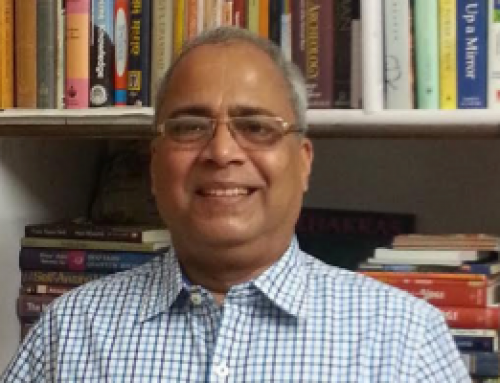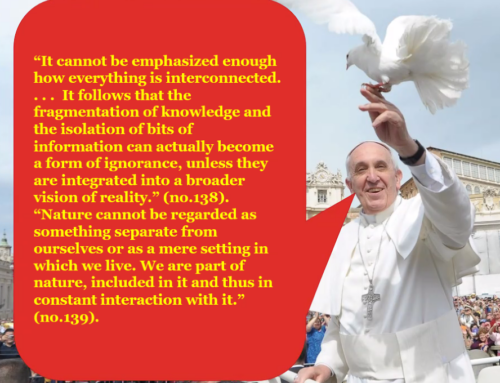Source: Schwartz, S. A. (2020). The transformation – nonlocal consciousness becomes a fundamental in our reality. EXPLORE, 16(1), 9–11. https://doi.org/10.1016/j.explore.2019.11.005
In 2017, I was asked to present my 8 Laws book at a conference. Afterwards a group of millennials came up to me and asked to take me to lunch, saying that they had some questions. In answer to a question asked by a woman in her late twenties, recently awarded her PhD, I made a reference to a book by Barbara Tuchman. The reference drew blank looks around the table, which surprised me because the late Barbara Tuchman along with Doris Kearns Goodwin, both Pulitzer Prize winners, were two of the most respected and well-known women historians and biographers of the 20th century. Kearns Goodwin is still at work. A little later I was asked a question by a man about thirty, who did something successfully in the financial world. To test an idea I had reached when asked the earlier question, this time in my answer I referenced another Pulitzer Prize winner, David McCullough, two-time winner of the Pulitzer, the National Book Award, recipient of the Presidential Medal of Freedom on PBS and other networks with regularity; surely he must be known. But once again I was surprised.
This really stood out for me, so I asked the table, “What do you read, how do you learn things?” They answered, “We read novels and adult comic books; we do social media and look at websites. We play video games and watch cable series on Netflix, Showtime, Starz, Hulu, and HBO, mostly.”
It made me realize that even though I study social trends and outcome data every day, and am immersed in the academic literature of several fields, from neuroscience, to biology, medicine, physics, anything having to do with consciousness, I had lost the bubble as submariners say, had lost touch with an aspect of popular culture. Two things came out of this. First, I realized that table of millennials had not mentioned nonfiction, nor did they recognize the major nonfiction writers I had referenced. That suggested to me that if I wanted millennial and younger readers to read and think about the insights I had learned from research, I should put those insights into novels as well as nonfiction books and academic papers. I began to write what over the past three years have become three novels. Second, I began to binge watch cable series. What did I learn? Many things which, when combined with the social outcome data I had already been tracking, has convinced me that our cultural world view is changing; materialism as the dominant worldview of Western culture is fading.
Magic has always been a cultural presentation of nonlocal consciousness. But what it means has changed over the centuries. Today it is comprehended very differently than even in the recent past. If you grew up with Harry Potter books and movies as major experiences in your childhood and youth, you have a very different view of magic than you would have had if those same years been spent with the book and movie, The Wizard of Oz. This new view is reflected in series such as, Once Upon a Time, American Gods, The Order, and The Good Witch.
My binge watching taught me consciousness and spacetime are now a consuming popular interest. There are now 15 cable series in which time travel, often accompanied with other nonlocal abilities, plays a fundamental part of the narrative. Frequency, Dark, Future Man, The Flash, 11.22.63, Outlander, Quantum Leap, Continuum, Travelers, Timeless, 12 Monkeys, Flash Forward, Primeval, Legends of Tomorrow, Doctor Who.
But that is just part of it. The Abrahamic male dominance culture Of Father Knows Best, Leave it to Beaver, or The God Father, is changing as part of the greater change in consciousness concerning the culture’s perception of sexuality and gender. Gender equality and interracial romance is now accepted and unexceptional in these series. So much for Guess Who’s Coming to Dinner. Same sex romantic relationships, not a problem. Transgender is not only accepted, several shows have transgender prominent regular characters. Sense 8, a series made by the Wachowski brothers who created the Matrix series, now the Wachowski sisters, is an example, and it is also explicitly based on nonlocal consciousness. This trend in consciousness has many facets, I have learned, and is occurring in various ways and to various degrees throughout the west, and elsewhere as well. Even a country like Saudi Arabia feels the change. Woman can now drive and leave the house without the permission and accompaniment of a dominant male.
But here I want to focus on the integration of nonlocal consciousness into science.

